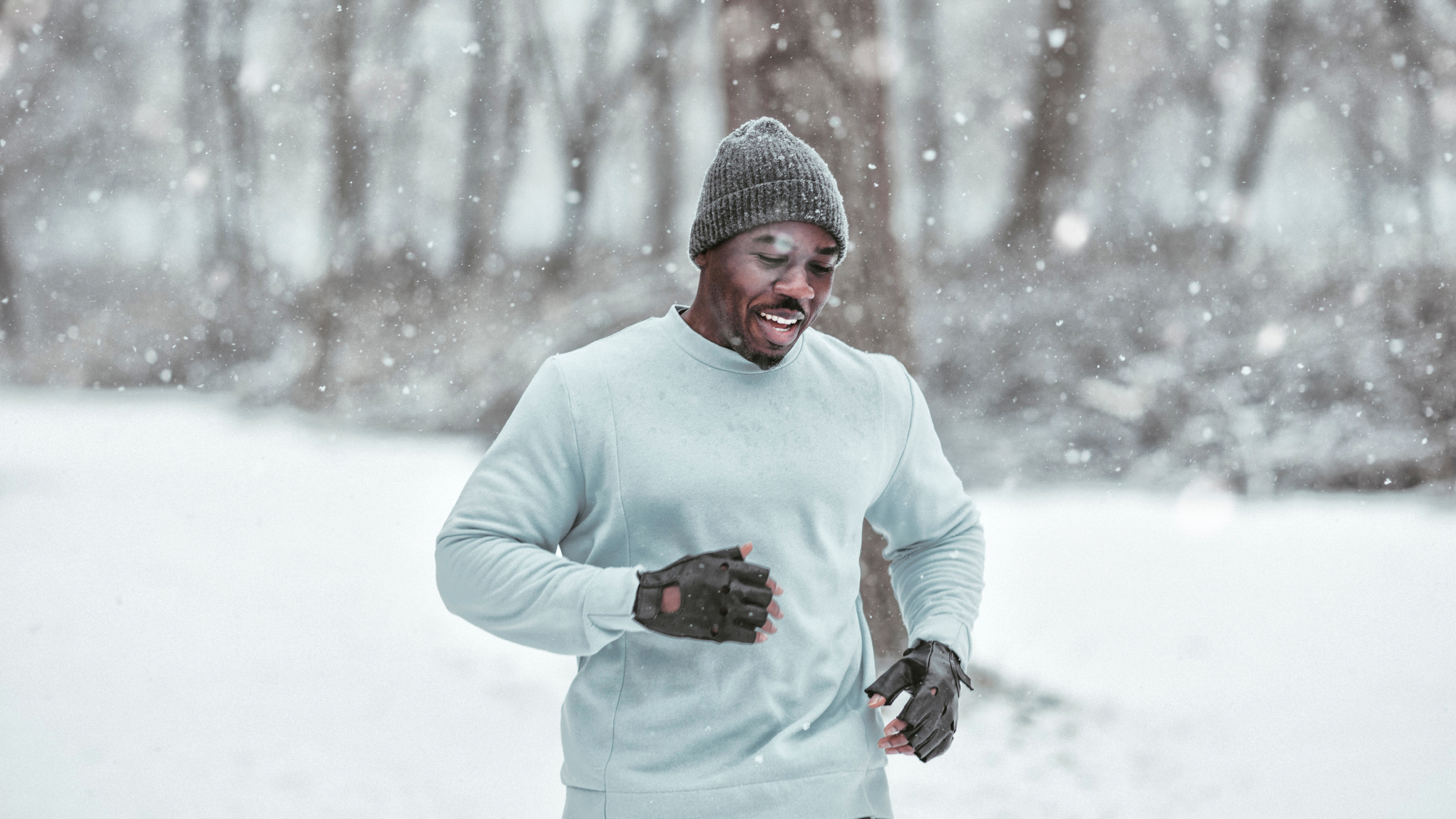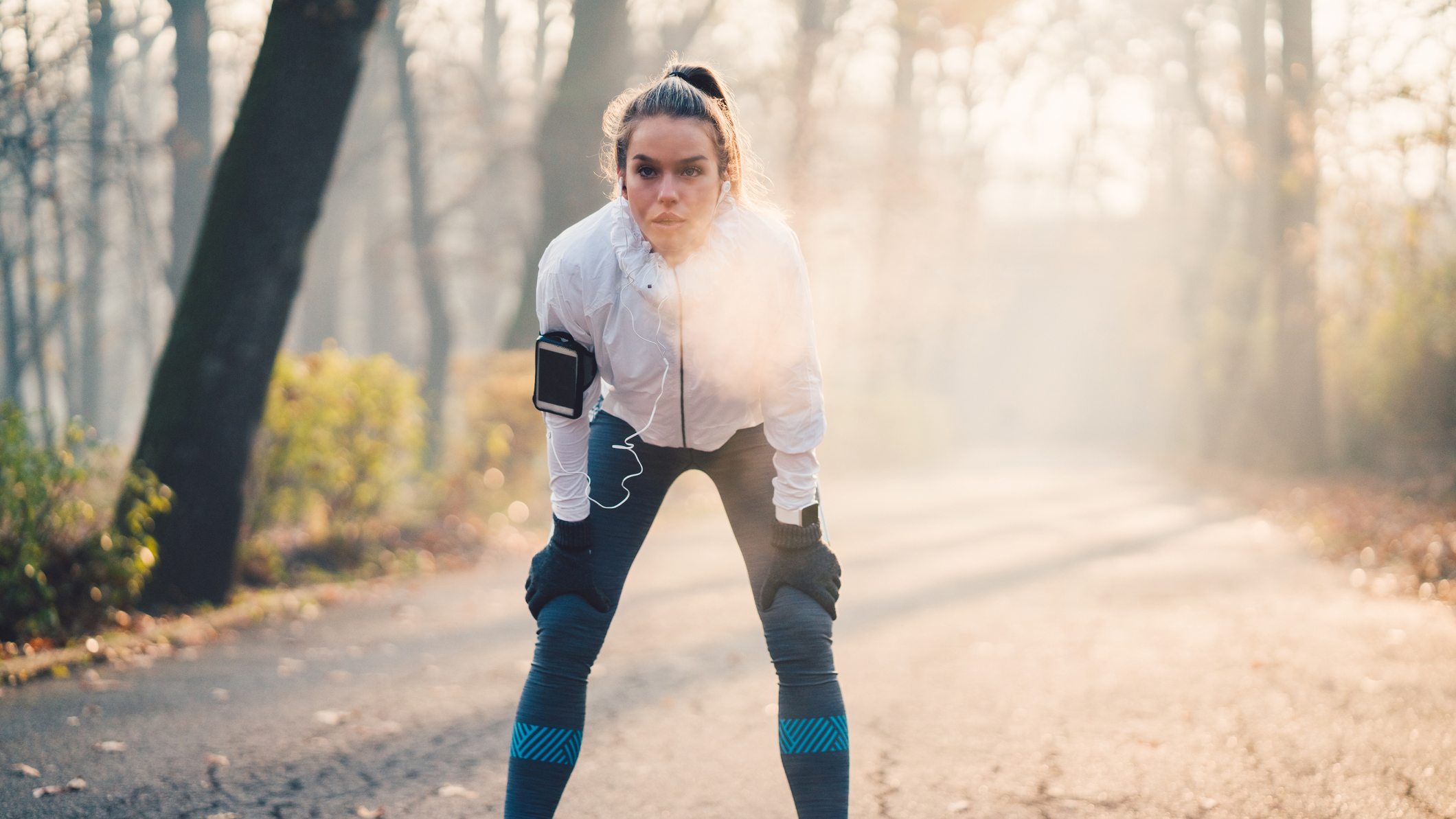Weight loss: Why you SHOULDN'T try to lose weight fast this month
Been struggling with your January fitness kick? One expert says winter isn't the best time for losing weight


In January, lots of people are trying the best exercises for weight loss as part of a newfound fitness kick. New plans are made, and then abandoned, as the dark, cold January weather – and the lockdown blues – convince us to give up on our plans.
However, if you've already abandoned your new year's resolution this year, don't give up altogether: it's easy to be set back in January and February, as one fitness instructor tells us.
Andy McGlynn, an expert in fitness and nutrition and GSquared fitness club founder, said: “Attempting to lose weight in what are probably the harshest winter months is incongruent to our natural connection to the planet through our biorhythms.
"It’s a time for storing up reserves and resources and powering through the dark, cold winter months on the back of the distant Christmas cheer."
This might be one of the reasons we find it very difficult to shift flab and lose weight during January. One study found we're most likely to give up our new year's resolutions around two-thirds of the way through the month, which can understandably cause us to wonder why we even bothered. However, McGlynn tells us just because we're finding it difficult to lose weight, we can still focus on other aspects of our health during winter.
“[January] is time for a change, a raising of awareness and a more astute way of living and thinking when it comes to mental and physical wellbeing.

“January and February are actually the perfect time to focus in on your health. I would suggest there are four big areas to look at in order to make some specific improvements, and as a by-product this will likely release some body fat along the way too. These are mental health, gut health, adrenal health and improving your sleep.”
Start your week with achievable workout ideas, health tips and wellbeing advice in your inbox.
Seasonal affective disorder means our mental health can take a dive during the winter months, often due to a lack of vitamin D. You can remedy this with a vitamin D supplement and one of the best SAD lamps. The "adrenal health" McGlynn refers to is our glands releasing hormones causing us to feel stressed or fatigued, which can be remedied by a vitamin B supplement.
Gut health can affect digestion, skin health and even your COVID-19 risks. The information here can help bring your gut back into balance by adjusting your diet. Finally, by addressing all three of the above concerns, your sleep will naturally improve. You can also try a weighted blanket, which has been found to ease feelings of nighttime anxiety and improve sleep.
Matt Evans is an experienced health and fitness journalist and is currently Fitness and Wellbeing Editor at TechRadar, covering all things exercise and nutrition on Fit&Well's tech-focused sister site. Matt originally discovered exercise through martial arts: he holds a black belt in Karate and remains a keen runner, gym-goer, and infrequent yogi. His top fitness tip? Stretch.
